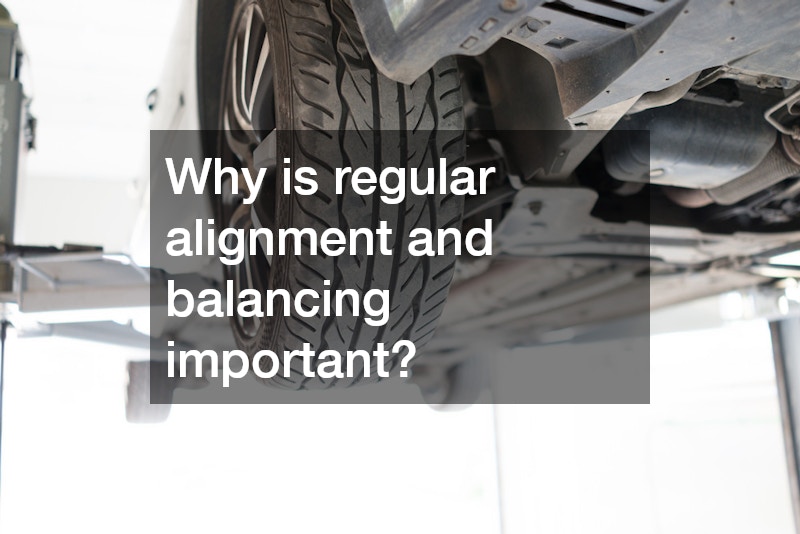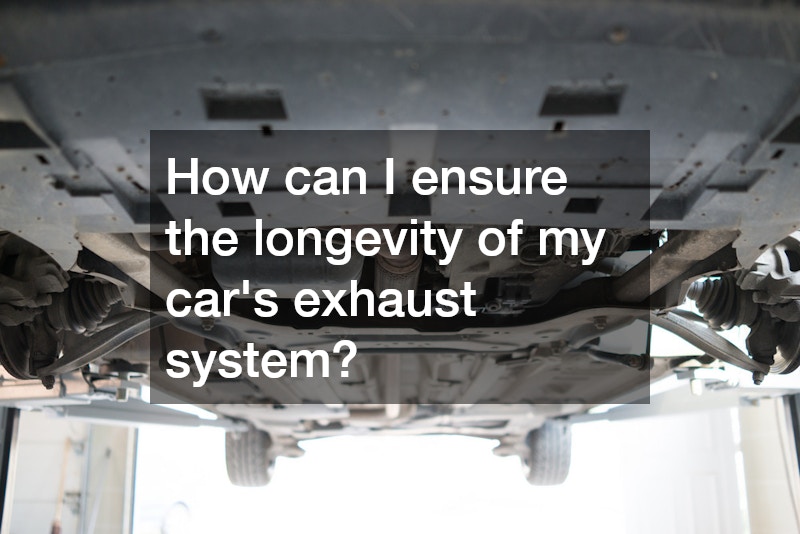Car maintenance is crucial for ensuring the longevity and performance of your vehicle. This article will explore essential car maintenance facts that every car owner should be aware of to keep their vehicle running smoothly and safely. From understanding the importance of regular oil changes to ensuring your cooling system operates efficiently, these car maintenance insights are vital for preventing costly auto repairs and ensuring a reliable driving experience.
Neglecting routine maintenance can lead to significant mechanical issues, unexpected breakdowns, and expensive repairs. For instance, failing to replace engine oil at recommended intervals can cause sludge buildup, leading to poor engine performance and, eventually, engine failure. Similarly, overlooking the condition of your tires not only reduces fuel efficiency but also increases the risk of blowouts, which can be dangerous at high speeds. By staying proactive with simple maintenance tasks, you can avoid these common pitfalls and extend the lifespan of your vehicle.
Understanding your car’s warning signs is another crucial aspect of responsible vehicle ownership. Dashboard warning lights, unusual noises, or a decrease in fuel efficiency often indicate underlying issues that need immediate attention. Ignoring these signs can escalate minor problems into major mechanical failures. Regularly checking fluid levels, inspecting belts and hoses, and scheduling routine tune-ups can help detect and resolve issues before they become costly repairs.
Additionally, seasonal maintenance is essential for optimal vehicle performance. Cold temperatures can affect battery life and tire pressure, while extreme heat can strain the cooling system and air conditioning components. Preparing your car for changing weather conditions ensures consistent performance year-round.
By familiarizing yourself with these fundamental car maintenance facts, you can make informed decisions, improve your vehicle’s efficiency, and enhance overall road safety. Let’s dive deeper into the key maintenance practices that every car owner should prioritize.
How often should I change my car’s oil?

Changing your car’s oil regularly is a fundamental aspect of car maintenance. The frequency of oil changes depends on your vehicle’s make and model, but a general guideline is every 3,000 to 5,000 miles. Regular oil changes help maintain engine efficiency and prevent potential damage due to old or contaminated oil.
Over time, oil breaks down and collects dirt, dust, and debris from the engine and environment. This can lead to increased friction and wear within the engine, affecting overall performance. Hence, staying on top of this car maintenance fact is crucial to avoid costly transmission service and auto collision repair in the long run.
Moreover, newer vehicles might have advanced engines that require synthetic oils, which can extend the interval between oil changes. Always refer to your car manufacturer’s recommendations for specific guidance. Checking your vehicle’s oil level regularly and topping it up when necessary are key car maintenance facts.
What are the signs that my brakes need attention?
Your vehicle’s brakes are one of its most critical safety features. Squealing or grinding noises when braking can indicate worn-out brake pads that need replacing. Ignoring these signs might lead to more severe issues requiring a trip to an auto body shop for comprehensive repairs.
Another warning sign is a vibrating brake pedal, which may suggest that your brake rotors are warped. This can affect your car’s stopping power and might require the expertise of local auto repairs. Ensuring timely brake checks is a car maintenance fact that should never be overlooked for safety reasons.
Also, if your car pulls to one side during braking, this could indicate uneven brake wear or fluid leaks. Regularly inspecting brake fluid levels and the brake system’s overall health ensures your vehicle is safe for driving. Understanding these car maintenance facts can prevent potential accidents and the need for tow truck service.
When should I replace my car’s battery?
Your car’s battery is essential for starting the engine and powering electronic components. On average, a car battery lasts between 3 to 5 years, but this lifespan can vary based on driving conditions and climate. It’s important to have your battery tested during regular transmission service to avoid unexpected failures.
Gradual weakening of the battery is inevitable, and signs such as dimming headlights or difficulty starting the engine can indicate the need for replacement. If you frequently require jump-starts, it’s a definitive signal to invest in a new battery. Being proactive about these car maintenance facts can prevent breakdowns that demand tow truck services.
Regular battery checks and maintenance can save you from being stranded in inconvenient situations. Corrosion around battery terminals also needs to be cleaned to ensure proper electrical connection. Big-ticket items like windscreen repairs become trivial if your vehicle won’t start due to battery issues.
How do I maintain my car’s tires?

Tires are vital for the stability and safety of your vehicle. Regularly checking tire pressure and ensuring it aligns with manufacturer recommendations is a crucial car maintenance fact. Under-inflated or over-inflated tires can affect vehicle handling, fuel efficiency, and tire lifespan.
Rotating your tires every 6,000 to 8,000 miles promotes even wear and extends their lifespan. Uneven tire wear could potentially lead to the need for auto collision repair if it compromises vehicle stability. Standard tire inspections should always include checking for damage or punctures, as well as ensuring proper alignment.
The overall condition of your tires can impact both traction and braking performance. Enrollment in services by an auto security system provider can alert you to tire pressure issues. Regularly maintaining your tires is one of the essential car maintenance facts that ensure safe driving experiences.
What is the importance of regular engine tune-ups?
Engine tune-ups are essential to maintain efficient vehicle performance. They help diagnose any minor issues before they escalate into more significant problems. Ignoring engine health can lead to expensive repairs or even windshield repairs if a malfunction causes a minor crash.
During tune-ups, various components, such as spark plugs, air filters, and fuel filters, are inspected and replaced if necessary. This improves fuel efficiency and prolongs engine life. Staying informed about these car maintenance facts can help you detect potential issues early, minimizing the chance of breakdowns.
Regular tune-ups also involve assessing the vehicle’s emissions system, ensuring compliance with environmental standards. They can also encompass a general inspection of the vehicle, allowing for early intervention in case of emerging problems. Engine tune-ups should never be overlooked as part of comprehensive car care.
How do I keep my car’s cooling system efficient?
Maintaining an efficient cooling system is vital for preventing engine overheating and subsequent damage. Regularly checking the coolant level and quality is a basic yet important car maintenance fact. The coolant fluid should be replaced as per the vehicle manufacturer’s guidelines to maintain optimal engine temperature.
Inspecting the hoses and radiator for leaks or damage helps avoid unexpected failures that might warrant a tow truck service. Addressing cooling system issues promptly can prevent the inconvenience and expense of more severe engine damage. Regular checks also include verification of the radiator cap’s functionality.
Ensuring the proper functioning of the cooling system can also contribute to improved air conditioning efficiency. Focus on inspecting the water pump and thermostat as part of your routine checks. Adequate attention to these car maintenance facts can significantly reduce the risk of overheating-related breakdowns. A window tinting service and paint protection film service may also help with car overheating.
Why is regular alignment and balancing important?

Regular alignment and balancing of your vehicle’s wheels ensure smooth handling and control. Misalignment can lead to uneven tire wear, while unbalanced wheels can cause vibrations and noise while driving. Corrective measures are essential to maintaining tire health and overall driving comfort.
Typically conducted at an auto body shop, these services help prolong the lifespan of your tires. Regular checks are recommended, particularly after any significant impact, like hitting a pothole, or during routine local auto repairs. Keeping your vehicle aligned correctly is a crucial car maintenance fact for preventing steering issues.
Proper alignment also improves fuel efficiency and the vehicle’s road grip. If neglected, misalignment might lead to costly concerns like auto collision repair if wheel instability causes loss of vehicle control. Regular assessments ensure optimal vehicle performance and safety.
What fluids do I need to monitor in my car?
Monitoring your vehicle’s fluids is essential for efficient and smooth operation. Beyond engine oil, you should regularly check coolant, brake fluid, transmission fluid, and power steering fluid levels. Each of these plays a crucial role in maintaining vehicle component functionality.
Fluids can deteriorate over time, leading to decreased performance or even damage. For instance, low brake fluid can affect braking ability, while inadequate transmission fluid levels can lead to shifting issues. Regular fluid monitoring is a foundational car maintenance fact that aids in the prevention of potentially severe issues.
Regularly inspecting your car’s fluids during routine local auto repairs can extend the longevity of your vehicle. Make it a habit to examine levels and top off as necessary to maintain optimal performance. Staying consistent with fluid checks can avert many common mechanical problems.
How do I maintain my car’s air conditioning system?

Your car’s air conditioning system is essential for comfort, especially during extreme weather conditions. Regularly inspecting the system can prevent common problems, such as reduced cooling capacity. Checking refrigerant levels and ensuring there are no leaks is a key car maintenance fact ensuring optimal function.
Furthermore, drive belts and hoses should be inspected for wear and tear. Addressing any damage early can prevent more significant issues like compressor failure, which might require extensive and costly repairs. Attention to these maintenance aspects can also prevent incidental damage that might necessitate windshield repairs.
Routine AC servicing not only enhances the system’s efficiency but also contributes to improved cabin air quality. Keeping your car’s air conditioning system well-maintained can dramatically enhance your driving experience, regardless of the climate. A well-functioning AC system is crucial for comfort on challenging driving days.
How can I ensure the longevity of my car’s exhaust system?
Your car’s exhaust system plays a vital role in managing emissions and ensuring engine performance. Regularly inspecting components such as the catalytic converter, muffler, and exhaust pipes helps prevent problems that can lead to increased emissions or decreased fuel efficiency. Significant repair needs should be handled at a professional auto body shop with expertise in exhaust systems.
Rust and corrosion are common threats to exhaust system efficiency and longevity. Routine inspections can identify potential issues like holes or damaged hangers that, if left unaddressed, could warrant urgent truck washing or repairs. Awareness of these car maintenance facts ensures environmental compliance and reduced exhaust-related issues.
Blatant signs of exhaust issues include unfamiliar noises or smoke emissions. A proactive approach to exhaust system maintenance can avoid situations where complete replacements are necessary. Consistently servicing your vehicle can extend the system’s life, minimizing unexpected repair costs and ensuring optimal performance.
Using These Car Maintenance Facts
By staying informed about these car maintenance facts, you can extend the life of your vehicle, ensure its optimal performance, and avoid costly repairs. Regular maintenance is key to a safe and reliable driving experience. Thorough knowledge and execution of these upkeep practices can prevent common vehicle malfunctions, contributing to greater satisfaction and peace of mind in all your driving endeavors.
Regularly incorporating these tips into your car care routine can significantly reduce the need for frequent visits to an auto body shop. Proactive and informed maintenance strategies enhance both safety and reliability, averting accidents that might otherwise require a tow truck service. Embrace these insights for a more efficient, durable, and resilient vehicle.
Additionally, maintaining detailed service records allows you to track past repairs and anticipate future needs. Staying on top of your vehicle’s condition also helps retain its resale value, making it a wise long-term investment. Simple habits, like checking tire pressure and replacing worn brake pads, can have a lasting impact on your car’s performance.
Ultimately, taking charge of your vehicle’s maintenance helps ensure its longevity and functionality. Focus on what each system needs, from windshield repairs to comprehensive engine tune-ups. Your awareness of and commitment to these car maintenance facts fortify the safety, pleasure, and stability of your driving adventures. A well-maintained vehicle isn’t just a convenience—it’s a necessity for seamless travel, whether commuting daily or embarking on long road trips.
